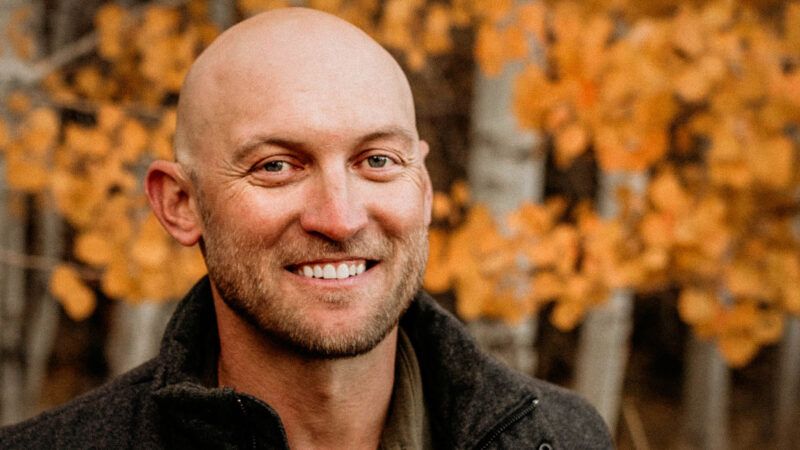8 and 10-Year-Old Escorted Home by Firefighters After Neighbors Report Unsupervised Kids
Living under constant adult supervision should not be a government mandate.

Nevada doctor Daniel Hansen was at work when two of his boys, ages 8 and 10, asked their mom if they could play down the street on their dead-end road. Mom said yes, and off they went to collect rocks and poke around in the stream bed.
Firefighters escorted them home.
A neighbor had called 911 to report unsupervised kids. To Hansen, this seemed like a waste of valuable resources, as well as the kind of thing that makes parents second-guess themselves whenever they think their kids are ready for a little independence.
"Before they made it back, the fire department arrived, having received a call from this same concerned neighbor to check on a report of 'unsupervised children,'" said Hansen. The firefighters apologized "but proceeded to report that they had to legally report to the Sheriff Office and that we might be receiving a follow up call or visit from [Child Protective Services]."
So he wrote up the incident and submitted it as testimony to the Nevada Senate Judiciary Committee, which is currently contemplating SB143, the "Reasonable Childhood Independence" bill.
Nevada's is one of five such bills introduced this year. Idaho, Oklahoma, South Carolina, and Texas all drafted similar bills, expanding upon Utah's 2018 "Free-Range Parenting Bill." These new laws say that parents who let their kid engage in activities like playing outside or coming home with a latchkey are not neglectful unless they show disregard for obvious, serious dangers, or if they do not have a reasonable basis for thinking their kid can handle the independence they're giving them.
One change from the Utah version is that the pending bills do not say that a child is entitled to independence only after their "basic needs are met." Children who lack some basics may be neglected, of course, but some of them, unfortunately, are poor—and their parents are doing the best they can. They shouldn't be doubly penalized by not being allowed to play outside while mom works two jobs.
The Nevada law is co-sponsored by state Sen. Dallas Harris—a gay, Black, Democrat mom of one—and Assemblywoman Alexis Hansen—a straight, white, Republican mom of eight who happens to be Dr. Hansen's mom.
But the bill is not only for doctors' families living on quiet, dead-end streets. Harris grew up in Vegas, the child of a single mom who worked at Caesars Palace. She sees the bill as a justice and fairness issue because, as she told the Judiciary Committee on Monday: "Current neglect laws lessen parents' confidence, especially poor and minority parents, in their ability to allow children to be independent." In Nevada, approximately 10 percent of kids are black, but they make up 30 percent of the kids in child protection cases.
Narrowing the vague see something, say something neglect law ensures that a working mom allowing her eight-year-old to bike around the neighborhood, needn't fear being accused of a crime. Poverty will not be mistaken for neglect.
This past decade, as several stories of child protective over-reach went viral—including the very recent case of Ohio mom Shaina Bell, who was thrown in jail for letting her kids, ages 10 and two, wait in their Motel 6 room while she worked her evening shift at Little Caesar's—the public has responded with great sympathy. Undoubtedly, many people are concerned that their own parenting decisions could be similarly misinterpreted.
That's why the Reasonable Childhood Independence bills are being introduced by such a diverse group of supporters, including bi-partisan sponsorship in Nevada and Oklahoma and, last year in Colorado, where it passed the house unanimously and was expected to do the same in the Senate until COVID-19 shut things down.
The bills being proposed would stop this pointless, scary, expensive cascade of government intervention. Living under constant adult supervision should not be a government mandate.


Show Comments (63)